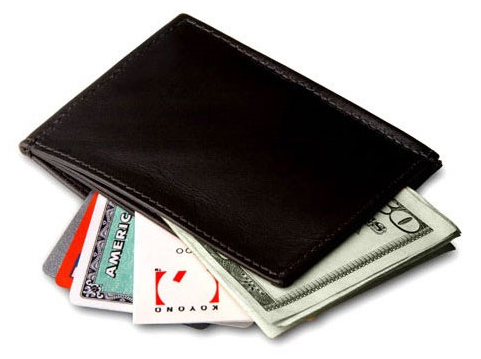
Payment is in a state of change. Retailers are weighing a number of things, including the looming EMV deadline, mobile wallets and mPOS.
But what key trends are industry thought leaders seeing?
In the below Q&A, Leslie McNamara, Managing Director and EVP of Citi Retail Services, discusses new payment trends, and how Citi Retail Services is providing the industry with comprehensive payment solutions.
Retail TouchPoints (RTP): What are the key trends you’re seeing in the retail payment industry?
McNamara: Our relationships with a wide range of top national retailers gives us a good view into the trends most impacting retailers today. The most significant trend merchants are dealing with is the continued proliferation of new payment methods and providers. New platforms, currencies, mobile wallets and other technologies are constantly entering the space, and our retail partners are engaging with these new providers and working to determine what will work best for their customers.
Retailers need stable, easily integrated payment options that provide them with tools to increase sales and customer loyalty. To date, most retailers are finding that private label programs continue to provide the best value in terms encouraging focused spend and providing integrated analytics.
As it relates to the newer payment providers, no clear winners have emerged in the space, and we expect to see continued innovation and disruption over the next year or more.
RTP: What solutions/guidance does Citi Retail Services provide to retailers?
McNamara: Citi Retail Services is the division of Citi’s Global Consumer Banking business that provides consumer and commercial credit card products, services and integrated retail solutions to national and regional retailers across the U.S. The business services 90 million accounts for a number of iconic brands, including Best Buy, ExxonMobil, Macy’s, Sears, Shell, The Home Depot and others.
Citi Retail Services is a full-service retail partner providing credit products and services as well as loyalty solutions, data and analytics, marketing services and a highly sophisticated field service organization that can work with retailers on a national, regional or store by store level. Our dedicated field teams work side-by-side with retailers to help them better understand their customers, provide the best retail experience possible and increase profitability.
In addition, we provide best-in-class digital capabilities, risk management expertise and have a number of assets we use to maintain a pulse on the latest retail data and shopper trends to keep our partners informed. Our partners also rely on our expertise to integrate with their existing strategies and goals and keep up with today’s consumers.
RTP: What benefits do retailers have in creating their own private-label cards both from a sales and customer loyalty perspective?
McNamara: Private label credit cards provide a number of benefits to retailers and consumers including:
- Focusing consumer spend: Our research and data indicate that consumers with private label cards tend to coalesce their spend. That is, they tend to buy more at that retailer and return more frequently than they would if they didn’t have the card. So the retailer’s share of wallet is increased, as is the long-term value of each retail cardholder.
- Unique payment options: Customers can buy items and pay off over extended time frames, allowing the customers purchase products when needed and potentially increasing sales.
- Increasing the accuracy and value of consumer shopping data: As cardholders make purchases, respond to special promotions and interact with retailer web sites, this data can be aggregated with overall shopping behavior data to create more robust and customized loyalty programs. Consumers get tailored rewards, promotions and product information specific to their interests, and retailers develop longer-term relationships with satisfied customers that see genuine value in their products and services.






